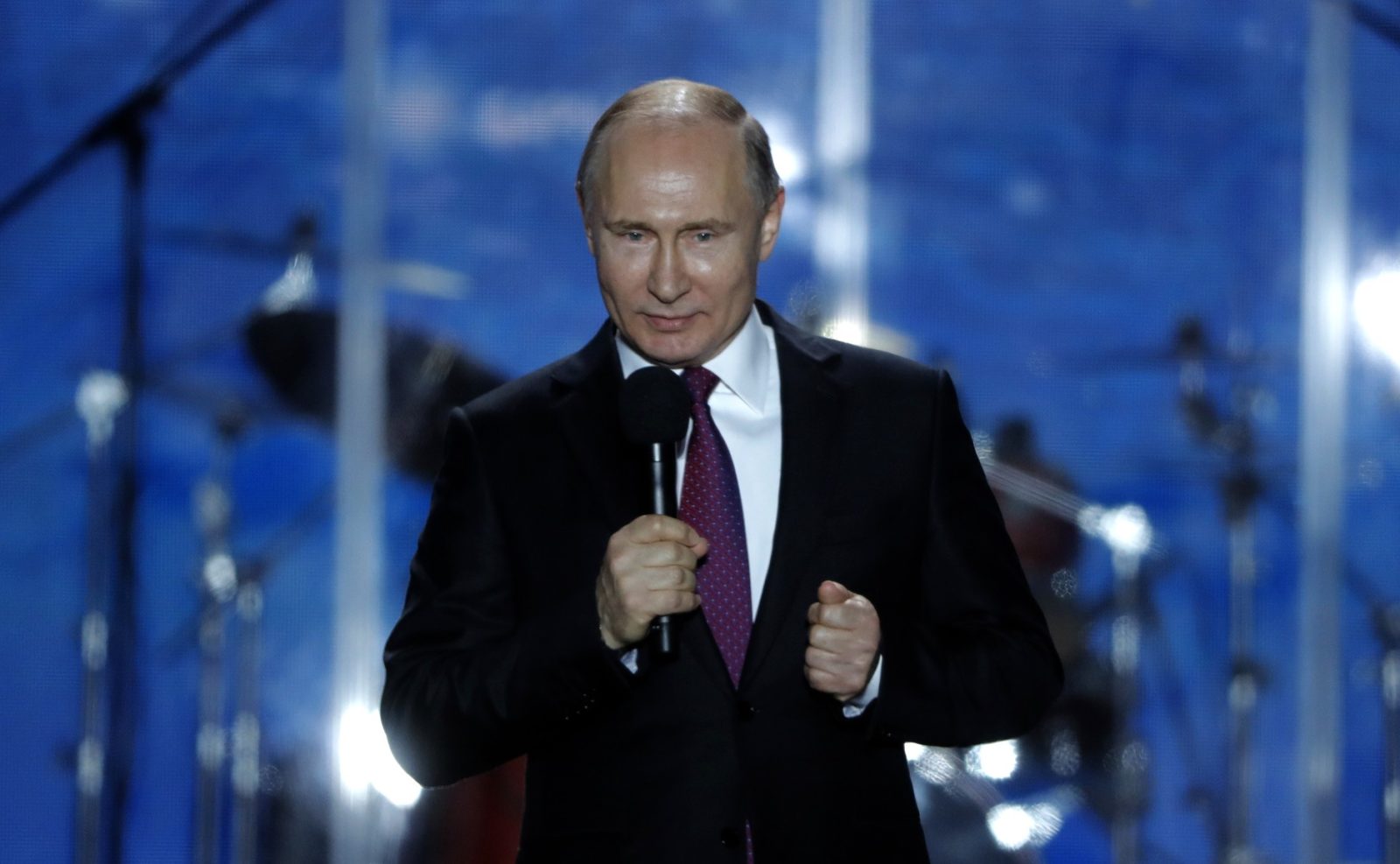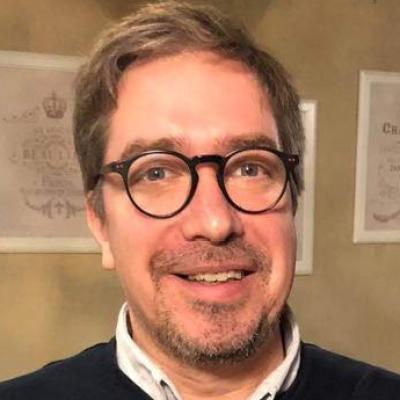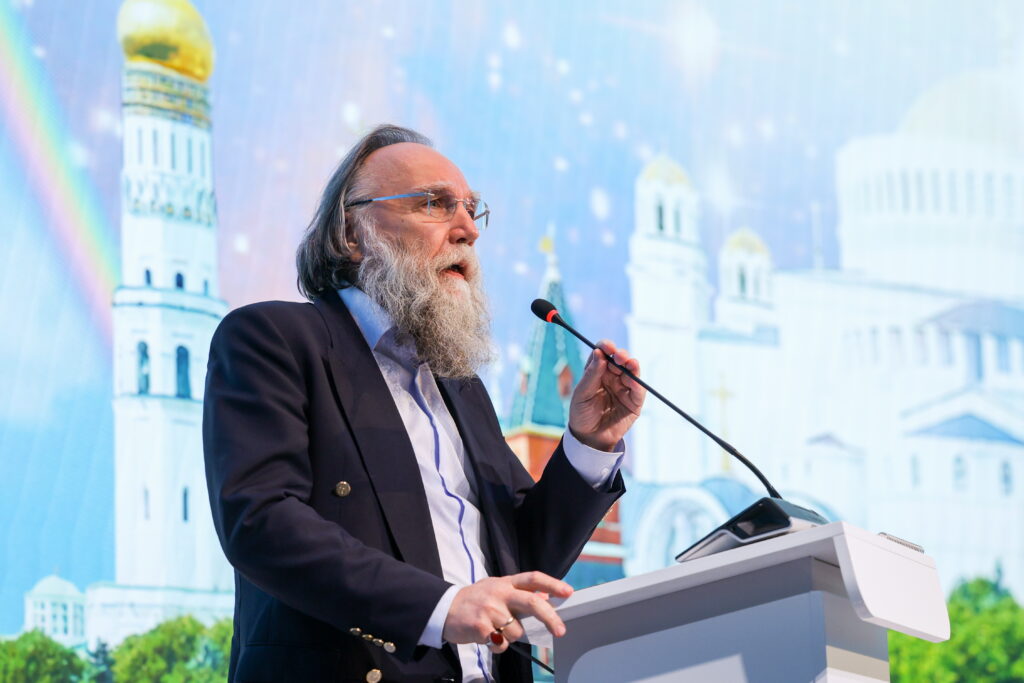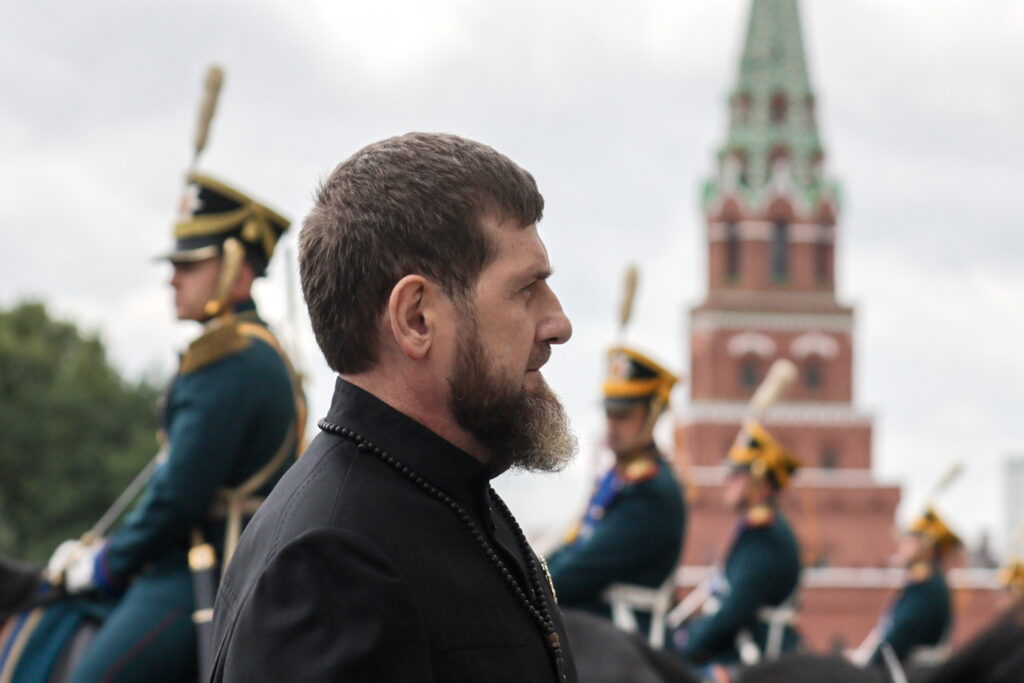Russia’s government unswervingly defends its version of events in Syria, the UK, the US and Ukraine, often at the cost of logic and common sense.
Russian politicians and commentators make daily efforts to fit together disparate facts and create a plausible story. What is this story? One is about a unique civilisation that rejects alien Western ideas of the rule of law. There is also the gripping story of a ‘Great Game’ where empires’ fight to rule the world. In this narrative, anti-heroes are those who, inspired by the US, change regimes around the world, while the good guys are those led by Russia, the world’s dissident; they fight for a just world order.
These scripts are nothing new. Everyone dreams of a special path, while today’s geopolitical saga the Russian government tells its citizens is akin to a Kipling novel from the 19th century (Kipling popularised the term ‘The Great Game’ to refer to the superpower rivalries of his own time.) Of course, there is nothing wrong with the mere idea of having one’s own story. The human mind does not absorb facts in isolation; facts are memorised in relation to wider narratives that allow for meaning and interpretation. But also distortion, and this is how a myth is born – a story that offers an beautifully integrated picture of the world, with heroes and villains, a beginning and an ending, conflict, culmination and resolution.
National stories
Communities also have their stories: stories of the birth of the people, and the vicissitudes of their relationships with the gods. Nation-states, which still remain the key actors in international relations, would not be possible without national romantic myths. Countries in Asia, Africa and Latin America would not be independent without their stories of fighting cruel and greedy colonisers. There would be no post-war economic boom in Europe without the story of national revival. Many Soviet achievements would not have been possible without a sincere belief in the story of building the most just state on earth. However, true belief is voluntary, while Soviet history is marred by violence.
A national awakening can be a beautiful thing, and is always remembered by history. However, it sometimes transforms into its opposite. A convincing epic of the heroic path of the German people, deceived by their enemies and betrayed by their leaders, led an entire educated and advanced society astray. At some point, this narrative was shared by the majority of Germans, and it ruined their society and their state.
The economist Robert Schiller believes that stories drive people even at a local level – in markets, for example. The instilled idea of home ownership as a symbol of well-being and high social status made Americans take out mortgages they could not afford. According to Schiller, self-reliance was replaced by deep disappointment when it turned out that this was not the American dream come true, but only a real estate bubble. He expresses this point most clearly in his 2009 book Animal Spirits: How Human Psychology Drives the Economy, and Why It Matters for Global Capitalism. People felt deceived and betrayed, Schiller pointed out, and these sentiments still affect American politics.
A story is inevitable as a fable and narrative. Without a story, our perception is blurred. Like sounds, facts are perceived as noise when they are not structured as a melody. An individual who can beautifully connect the dots attracts attention immediately, and can turn this art into power over people. A well-structured narrative has tremendous power: talented script-writers, directors and politicians have mastered it. Not all stories can be controlled, since many of them are formed over centuries. However, as the Russian experience shows, it is possible to manage narratives, and therefore the worldview of a society.
Putin’s story
The Russian authorities are investing vast amounts of time and resources into telling the right stories, by subsidising TV and incessantly interpreting events in a certain way. They focus on a given story – the national story in particular. It is noteworthy that the Kremlin’s fight for control over television and the content of history textbooks started at the same time, in the early 2000s. Attention to history and stories that capture the minds of citizens is still the first and foremost project of Vladimir Putin. Perhaps he has managed to shift the topic of Russian public discourse because society became attuned to it. At some point, Russian discourse was focused on the desire for change. Under Putin, the main topic is resentment against the West, and the responsibility has been shifted onto external forces.
We can argue whether Putin is telling the story of ‘The Special Path’ or ‘The Great Game’, but two things are noteworthy:
– Society is not part of the story; the state of Russia, operating on the global arena, is the protagonist. There is no place in this story for an internal life of people or society.
– This story is meant to be shared by all citizens of the country, replacing all other narratives.
Consequently, alternative stories that could be offered to society by a different politician or groups of activists – stories about the internal life of the nation; about people, their aspirations, problems, rights and interests – are not only perceived as competing narratives, but are actually in conflict with the Main Story.
Since the country is the main protagonist of the story, a script about the difficulties the country experiences would undermine the unity of the narrative and the role of the hero as an imaginary titan in a superhuman struggle. No internal topic can supersede the geopolitical one. To put it simply, Syria and Ukraine are real for the Kremlin, while Volokolamsk and Kemerovo are not.
Russian officials – poor storytellers and untalented liars – stand in the way of the perfect story. They usually justify themselves by saying ‘he was not poisoned and if he were, it was not us who did it,’ and they trust that TV will present this as the truth. Despite this clownish behaviour, the script is carved in stone. The script does not allow for alternative narratives. All hopes for freedom are in fact vested in the inconsistency and bungling of the political actors. And we do get evidence every day that they are inconsistent, and they do botch the job.
These are flimsy foundations. Obviously, the Russian state as it is today is an archaic, crude, inefficient mechanism. Still, it is disappointing that we have to rely only on this. A departure from the adolescent transfer of responsibility onto others, a rejection of Putin’s version of the story, could revive public discourse in Russia. It is hardly possible to reverse the topic of the national story using the social engineering employed by Kremlin managers. The re-emergence of other topics, other stories, is only natural. The process has already started, since every person is a story. People and communities can and should tell their own stories to their compatriots, in order not to forget that they are real, while the ‘Great Game’ is not.










